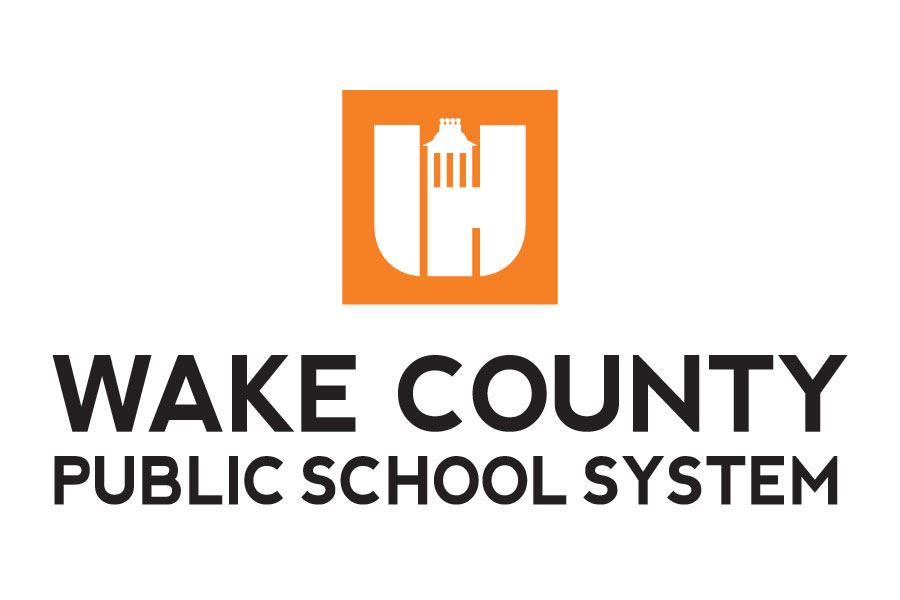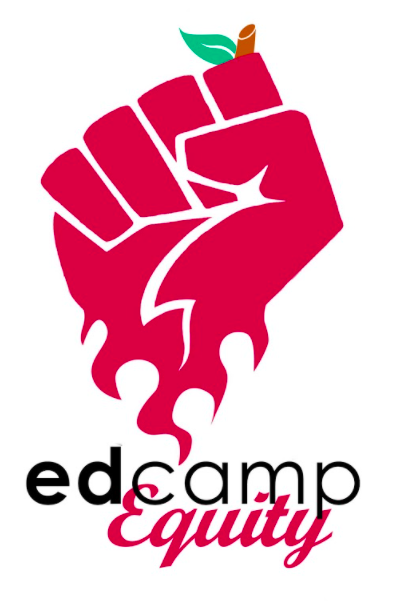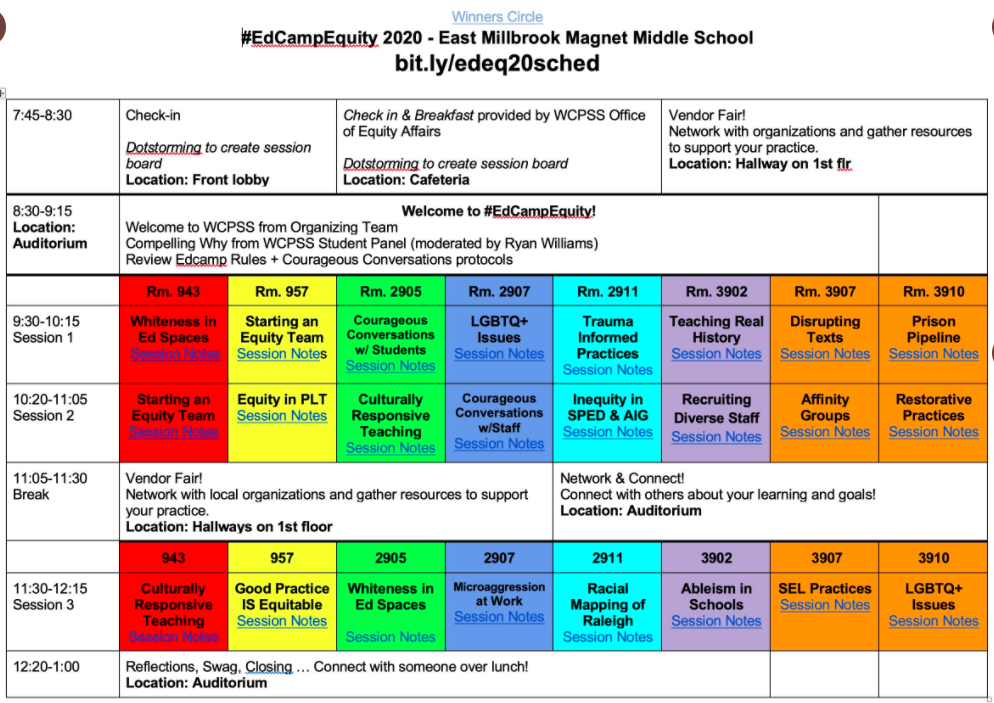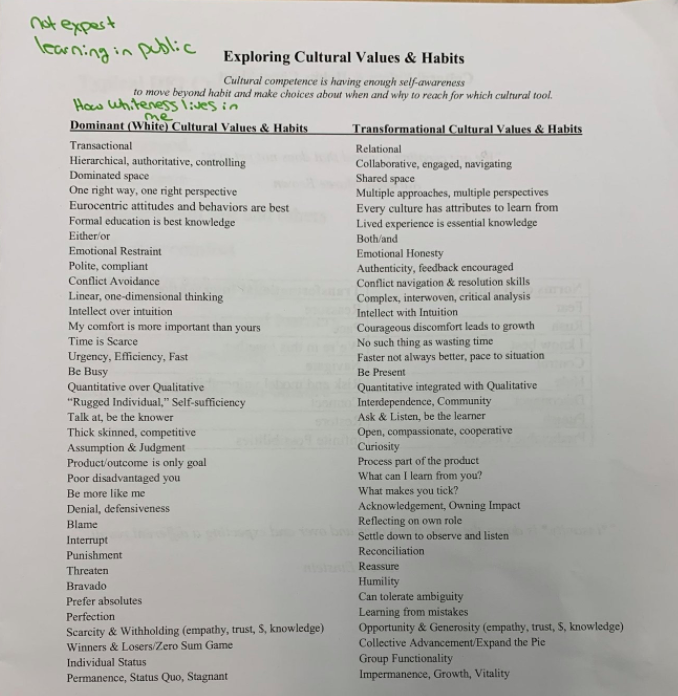
Wake County hosts conference for 200 teachers on ‘whiteness.’ racial mapping, ‘affinity groups’ and ‘microaggressions’
Incidents

In February 2020, Wake County Public Schools hosted a teachers’ conference called “Ed Camp Equity” with sessions on “whiteness,” “microaggressions,” “racial mapping” and “disrupting texts.” Educators were encouraged to form “equity teams” in schools and advocate for “antiracism.” About 200 North Carolina public school teachers attended the conference. The conference began with a “land acknowledgement.”
“You can’t let parents deter you from the work.”
This was the answer given when a teacher asked about handling parent pushback.
Below is a copy of the schedule for the day including all the breakout sessions.

At the first session, “Whiteness in Ed Spaces,” school administrators provided two handouts on the “norms of whiteness.” These documents claimed that “(white) cultural values” include “denial,” “fear,” “blame,” “control,” “punishment,” “scarcity,” and “one-dimensional thinking.” According to notes from the session, the teachers argued that “whiteness perpetuates the system” of injustice and that the district’s “whitewashed curriculum” was “doing real harm to our students and educators.” The group encouraged white teachers to “challenge the dominant ideology” of whiteness and “disrupt” white culture in the classroom through a series of “transformational interventions.”

Freelance reporter A.P. Dillon received the documents related to the event in response to a public records request, and they can be viewed here. Dillon provided the documents to City Journal.
The equity program in the Wake County Public School System began in 2013 and since then, the Office of Equity Affairs has amassed a $1 million annual budget used to fund school trainings, curriculum-development sessions and teacher events.
References
Subversive Education: North Carolina’s largest school district launches a campaign against “whiteness in educational spaces.” City Journal, March 17, 2021
Stay Informed
